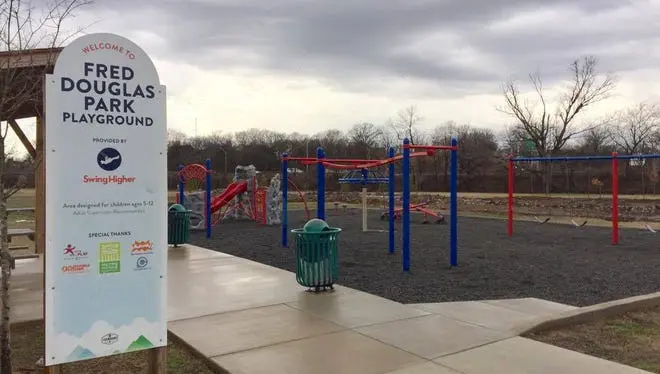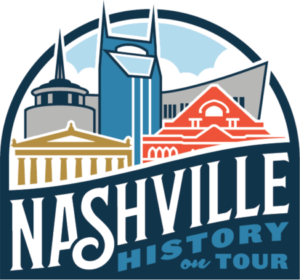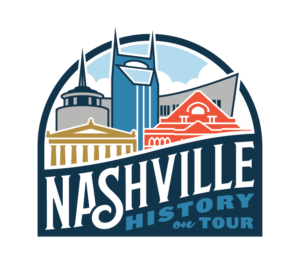Is ‘Fred Douglas’ Park Named After Frederick Douglass?
NPR All Things Considered
March 18, 2017
After decades of confusion, officials in Nashville are finally clarifying whether a park named after “Fred Douglas” was meant to honor the famous abolitionist Frederick Douglass, or not.
SCOTT SIMON, HOST:
Next week, Nashville will observe the correction of what appears to be an 85-year-old typo. Blake Farmer of member station WPLN reports on the mystery surrounding a little park thought to honor of famed abolitionist.
BLAKE FARMER, BYLINE: This park is kind of hidden in plain sight near a highway out of downtown. There’s enough room for a couple of soccer fields and a recently renovated playground.
What do you know about Fred Douglas?
JONIYAH HENRY: I think he’s – oh, I think he’s, like, in a history book or something.
UNIDENTIFIED CHILD: Black history?
JONIYAH: Yeah, black history.
FARMER: Middle schooler Joniyah Henry twirls her little siblings on the merry-go-round as I ask about the name on the sign – Fred Douglas Park. That’s Fred Douglas with one S, not Frederick Douglass with two S’s – a spelling snafu that has had people scratching their heads, though not doing anything about it for decades.
DAVID EWING: I am David Ewing, a local Nashville historian and lawyer. And you would have thought that somebody over the years would have said, hey, parks department, you know, this isn’t right. Why don’t you change the name to honor Frederick Douglass?
FARMER: Until now, Nashville’s parks department had suggested there could have been another prominent Fred Douglas in town when the land was acquired in the mid-1930s, but no family has come forward. There are historical writings where Douglass is referenced as Fred and his last name has just one S. Kenneth Morris is the great-great-great-grandson of the great abolitionist.
KENNETH MORRIS: I’ve also seen newspaper scenes and articles from history where he is referred to as Fred Douglas, so it’s not surprising to me that that they would name this after him and call it Fred Douglas.
FARMER: But in Nashville, there are some doubts this was an honest mistake. Douglas Park was just the city’s second for African-Americans. The first was named after a white family. Naming government property after an African-American in the segregated South would have ruffled feathers in the white establishment, and simply creating this park had already become incredibly controversial. Historian David Ewing says resistance from white neighbors caused the park board to delay its opening indefinitely.
EWING: And when they finally revisited it in 1936, in their minutes, they said, let’s quietly open it and make no formal announcement.
FARMER: The park board meeting minutes have a brief entry where they vote to call it Douglas Park – one S – then later someone wrote in with a pen Fred.
EWING: I think the original idea of this park was to name it after a famous African-American, Frederick Douglass. And then when all this pressure and criticism from others that lived over there from the white community came about, I think this was the way to kind of almost erase what they had done.
FARMER: Plausible deniability. Eighty-some years later, the park board voted this month unanimously to clarify the name.
UNIDENTIFIED CHILDREN: (Unintelligible).
FARMER: At the park, a ceremony is planned for midweek to change the signage to Frederick Douglass Park – two S’s. Sixteen-year-old Abdi Mganga takes a break from flirting with girls and Googles the great abolitionist on a phone. Unprompted, he begins reading some of Douglass’ most famous quotes.
ABDI MGANGA: Power conceives nothing without a demand. It never did, and it never will. If there is no struggle, there is no progress. It is easier to build strong children than to repair broken men.
FARMER: Those words may soon resonate with many more teenagers. To celebrate his 200th birthday, Frederick Douglass’ descendants have pledged to distribute a million copies of his autobiography, “Narrative Of The Life Of Frederick Douglass, An American Slave.” And for the record, that’s Frederick Douglass with two S’s. For NPR News, I’m Blake Farmer in Nashville.
Source: NPR


